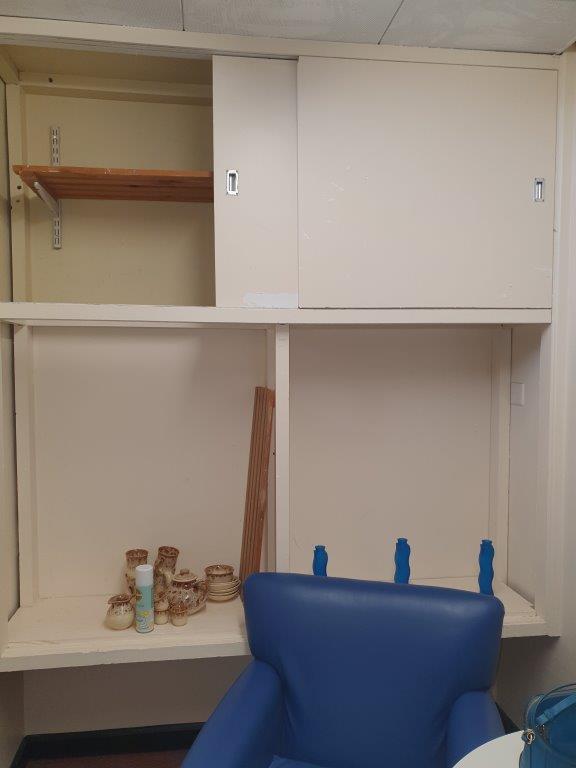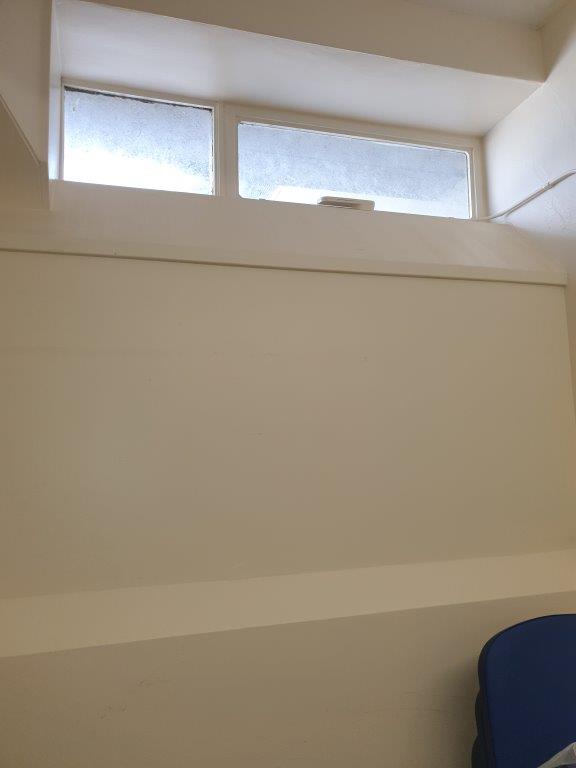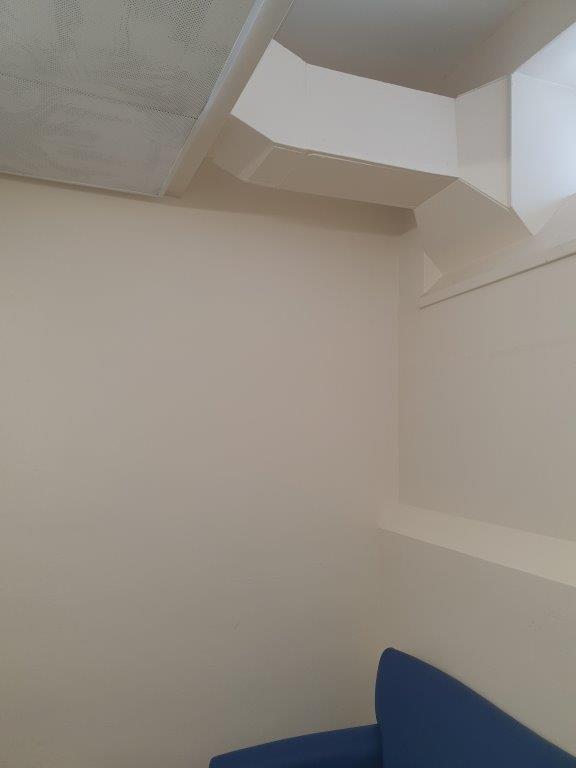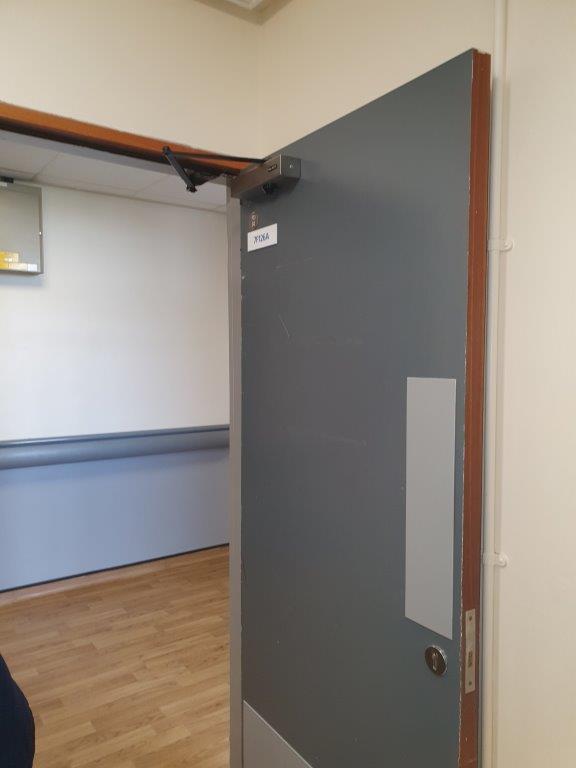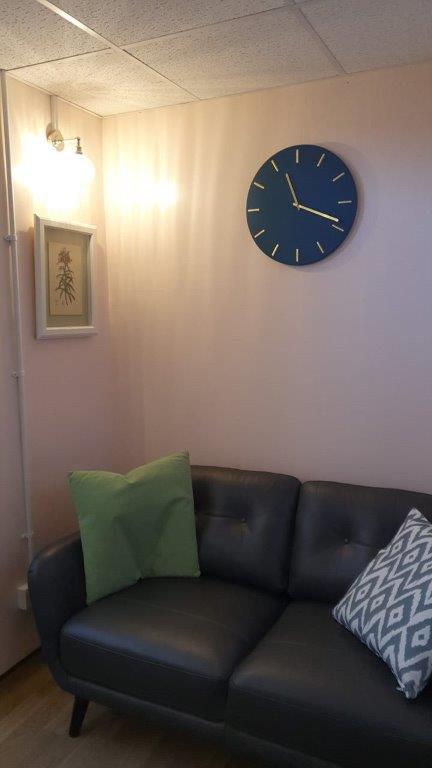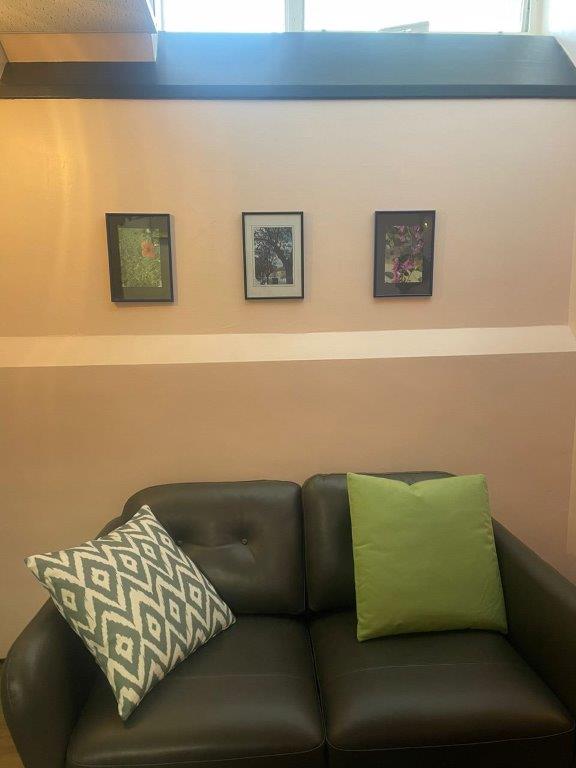Visitors’ Quiet Room Ward C7, Integrated Medicine Department
We are so pleased to announce the completion of the transformation of the ‘Visitors’ Quiet Room in Ward C7, Department of Integrated Medicine, University Hospital of Wales.’
This was a collaboration between Daring to Dream and Capital, Estates, and Facilities at Cardiff & Vale University Health Board.
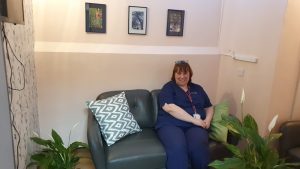 “I have received so many lovely comments about our new Patients’ and Visitors’ Quiet Room in such a short period of time.” said Lisa Edmonds, Interim Ward Manager of C7 in the Department of Integrated Medicine at University Hospital of Wales.
“I have received so many lovely comments about our new Patients’ and Visitors’ Quiet Room in such a short period of time.” said Lisa Edmonds, Interim Ward Manager of C7 in the Department of Integrated Medicine at University Hospital of Wales.
“Our newly made over Quiet Room has been described as fresh, peaceful, relaxing, and calming, a haven within a busy ward environment.
Already, many visitors have commented that the room environment has made a difference to them when having discussions about difficult situations with the doctors. The calmer and more comforting environment has helped them to process information better.
Staff have commented that they no longer feel embarrassed to take relatives to that room, whereas previously (in its shabby state) they did.”
This room was in a really sorry state, with an old and smelly carpet, unsafe shelves, and a secured window – meaning no fresh air or ventilation at all. The change now is just amazing.
Daring to Dream has been delighted to make another space to talk for patients, families, and the staff who care for them, in University Hospital of Wales.
Small things like our ‘spaces to talk’, really do make a difference when we, or our loved ones, are at our most vulnerable physically and emotionally.
Daring to Dream wishes to thank the team in Ward C7 for their support and also Capital, Estates, and Facilities at Cardiff & Vale University Health Board, for their support and collaboration.
The transformed Quiet Room in Ward C7, University Hospital of Wales
Before photos
After photos
Note: A Quiet Room in a hospital is a room designated as a ‘safe place’ primarily for a patient, or their family members. It is a room within which often tough clinical conversations happen relating to diagnosis, treatment, prognosis, and clinical care.
Illness has an emotional impact (as well as the physical one) and an environment that supports and comforts the emotional health of patients, their family members and also of the staff who care for them, is very beneficial indeed.


